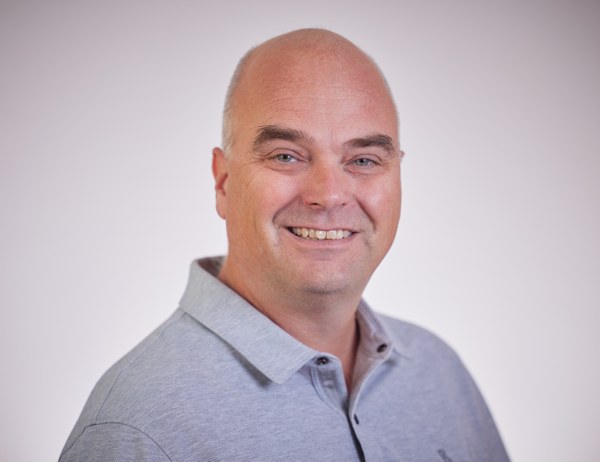Sander Huisman received a M.Sc. in Physical Geography (1997) and a Ph.D. from the faculty of Science (2002) of the University of Amsterdam, the Netherlands. Since 2005, he is a senior researcher at the Agrosphere institute (IBG 3) of the Forschungszentrum Jülich GmbH. He also is appointed as a professor for Vadose Zone Hydrogeophysics at the University of Stuttgart since 2012, where he teaches classes on hydrogeophysical methods for vadose zone and contaminated site characterization. His primary research interests include the use of geophysical data to improve hydrological models, spectral induced polarization, electrical impedance tomography, self-potential monitoring, soil moisture sensors, and modeling of vadose zone hydrological and biogeochemical processes.

Prof. Dr. Johan Alexander Huisman
Head of research group "Vadose Zone Hydrogeophysics"
Adresse
Forschungszentrum Jülich GmbH
Wilhelm-Johnen-Straße
52428 Jülich
Institut für Bio- und Geowissenschaften (IBG)
Agrosphäre (IBG-3)
Gebäude 16.6 / Raum 3056
Fokus
Research Group
Hydrogeophysics deals with the use of geophysical measurements for estimating parameters and monitoring processes that are important to hydrological studies. In this research group, the focus is on the study of vadose zone processes using geophysical methods.
Research focus
Hydrogeophysics provides a multidimensional suite of minimally-invasive methods that are transforming our ability to see into the very fabric of the subsurface environment, and monitor the dynamics of its fluids and the biogeochemical reactions that occur within it. In this research group, work is focussed both on the methodological development as well as hydrogeophysical applications in soil hydrological as well as agronomical contexts. Together with ZEA-2, we are developing spectral induced polarization (SIP) as well as electrical impedance tomography (EIT) equipment to determine frequency-dependent soil electrical properties. This is motivated by research over the last decade that has shown the potential of frequency-dependent electrical properties to characterize soils with respect to pore-fluid chemistry and saturation, mineral surface properties, texture, and permeability. We are also developing a modular electromagnetic induction system to support the derivation of management zones for more sustainable agricultural production in the context of precision agriculture. Recently, an x-ray computed tomography laboratory has been established to investigate how processes at the pore-scale such as salt precipitation and plant root exudation affect flow and transport at the larger sample and field scale.
